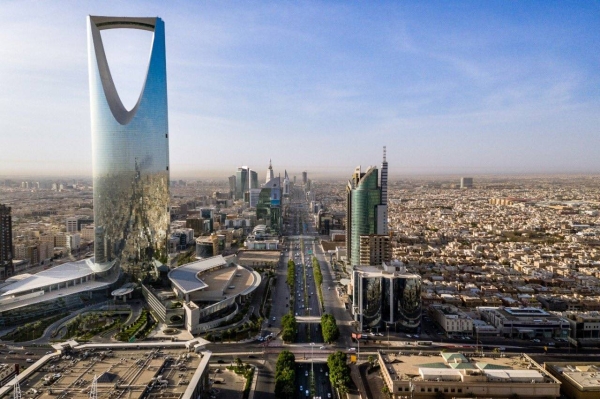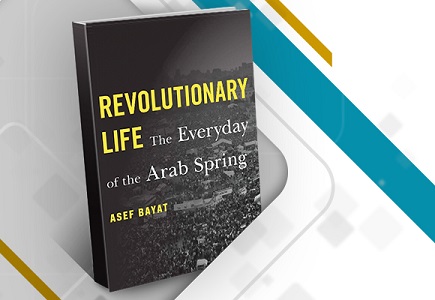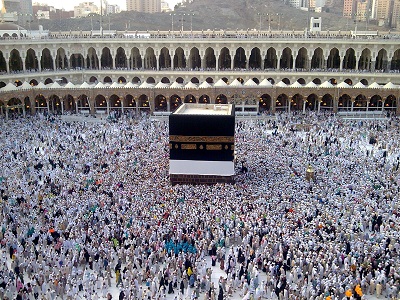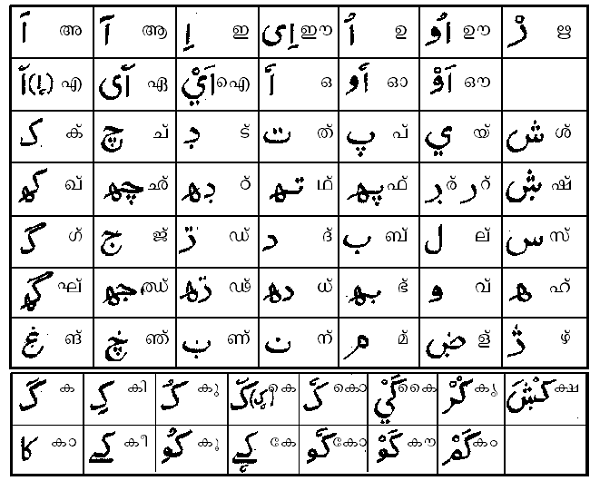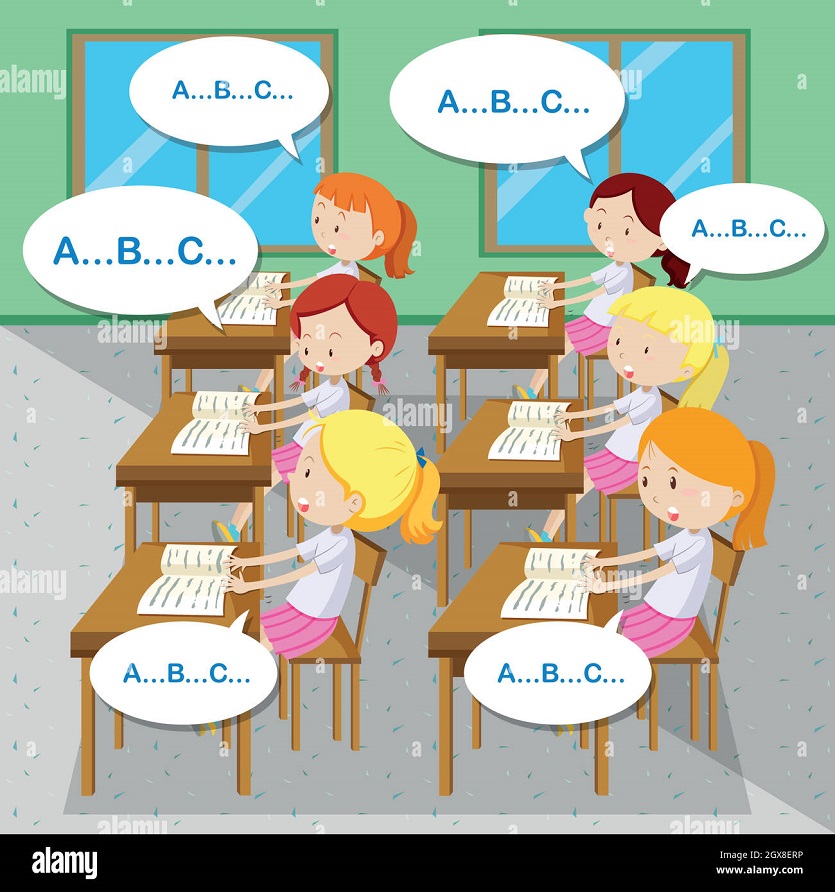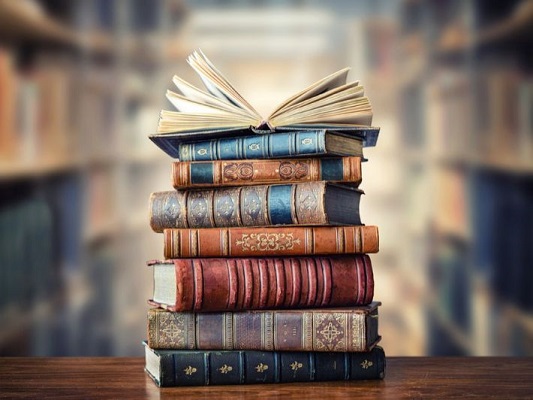Unveiling Saudi Arabia
Sumna Sadaqat
Scholar, JNU, New Delhi
Volume No : 3
Issue No : 4
Introduction
The modern- day Saudi Arabia as we know it today was formed in September 1932 by Ibn Saud by consolidating rule over Hejaz, Najd, Eastern and Southern Arabia. It is a vast land, the largest country in West Asia with a population of more than 34 million . The kingdom of Saudi Arabia is an absolute monarchy, with centralized power in the hands of the Royal family and a hereditary system of governance, the state is nowhere near the modern ideas of equality, freedom and democracy. The state claims to follow the Islamic sharia but has miserably failed to put even that into practice. Saudi Arabia is an important nation of the world not only because of the religious veneration associated with the holy cities of Mecca and Medina but also due to the precious oil reserves discovered in the 20th century and its decisive political role played in the Muslim world today. As power lies with a selected few, the State restricts the basic freedom of the society in the name of Islam at one hand and itself promotes injustice on the other. Women, migrant workers, religious minorities, government critics and the media in the country are the common targets of discrimination and injustice. It is important to understand the actual reason behind such clear and prominent human rights violations in the kingdom and the various actors involved in successfully managing the crisis.
State Controlled Media
The legal system of governance in the country is Islam as is claimed, thus the Quran and Sunnah of Prophet Muhammad (PBUH) form the constitution of the kingdom. But a separate document comprising of the basic laws was formed in 1992 under the leadership of King Fahd. This practically can be called the constitution of the country. This law defines the role of media as a medium of building national unity educating the masses.Article 13 of the law of printing and publication states the following-
“Each author, publisher, printer or distributor who desires to print or distribute any printed matter shall provide the Ministry with two copies for approval before printing or offering it for circulation and the Ministry shall approve or reject it stating the reasons for that within thirty days and the person concerned may object to the rejection resolution before the Minister.”
Thus freedom of expression is minimal which leads to one of the core problems in the functioning of the country that is the non-free media. The Saudi government regulates and censors everything thus making it difficult for different voices and opinions to be heard independently. Mostly the newspapers and electronic media are regulated by the state which acts as a hindrance in reporting the real grievances of the society. The threat of banning publication leads to self- censorship of content in most cases. Saudi Press Agency is favored by most media houses because of government funds received by them. The Freedom House, a US government aided NGO claimed that the media is under the control of the government, gave it a score of 26/100 in the subject of freedom on the net and hence listed the Kingdom under the ‘not free’ category .
According to the 2020 statistics revealed by the Reporters without Borders, Saudi Arabia ranks 170 out of 180 countries in the World Free Press index. The state has repressed the journalists in the name of protecting Islam and clamping down the voices of jeopardizing national unity. There are more than 30 reported journalists under arrest subjected to inhumane conditions since 2017. A major incident took place in October 2018, when Jamal Khashoggi was assassinated by the Saudi regime for being staunch advocate of anti-kingdom leadership in the country. Direct links have been traced to Muhammad Bin Salman, according to the investigations carried out by the UN. The report issued stated the following -
“The special rapporteur concluded that Khashoggi's death "constituted an extrajudicial killing for which the state of the Kingdom of Saudi Arabia is responsible".She also found there was "credible evidence" to warrant an investigation into Prince Mohammed and other high-level Saudi officials, and said the prince should be subject to the targeted sanctions already imposed by some UN member states against other named individuals allegedly involved in the killing.” People all across the globe protested and registered their discontentment over the excesses committed by the Saudi leadership to prevent his dissent. The regime does not hesitate in exterminating the civilians for meager issues and has successfully managed to threaten them so that they never go against the government.
Royal Family Members Side-Lined
In order to suppress criticism and political interests, many members of the royal family have either been exiled or arrested and subjected to inhumane conditions or allegedly assassinated as well. In 2017, senior members of the royal family were locked up in a hotel under the command of Muhammad bin Salman, so that his ascendency to the throne and ultimate power no more remained doubtful. Recently in 2020, prominent members of the family, Muhammad bin Nafey and Faisal bin Abdullah were also detained . As space for questioning has shrunk more with time, Saudi Princess, Basma and her daughter were put behind bars without any reason in 2019. She took to social media, when her plea for medical treatment was unheard by the court and the crown prince. She was an active advocate of human rights and suggested reforms in the strategy of the state with respect to women. She criticized the stand of the kingdom on the long drawn war in Yemen as well. These reasons probably were estimated to be powerful enough by the regime to take actions against her.
Similarly an intelligence official of the state and a close ally of Muhammad bin Nafey, Sad Ibn Jabri escaped to Canada in 2017 on a self- imposed exile. He asserted that the regime conspired to kill him in Canada. This led to the detainment of his adult children without any cause. Thus it can be figured out that the authorities try their level best in order to break the individual. It does not mind harming and defenestrating innocent individuals even for the ‘crimes’ committed by others.
Suppressing Civilian Dissent
The Global peace index 2020 ranks Saudi Arabia at number 128 out of 163 countries. The ranking is based on criterions such as social security, internal and international conflict, degree of militarization among other indicators. This suggests that the social security and peace of the citizens is at stake even under the current regime despite of promises of revolution and development made by Muhammad bin Salman. As the state intrudes in every day matters of the subjects and each one is under surveillance, nobody can question the government or go against it. A majority of the population adheres to Sunni Islam and is under the age of 30 years, but the state manages to control their thoughts and restricts them from the right to assemble or demonstrate peacefully. This was seen during the Arab Spring uprising of 2011-12. The totalitarian regime does not hesitate in putting hundreds of young people behind bars for just demanding a non- corrupt, free, equal and democratic society. Similar treatment is meted out with those opposing the crown’s rule even within the royal family. Hence it can be gauged that nobody can contradict with the government otherwise, he will be arrested, tortured, kidnapped or probably killed.
Since surveillance is so common in the country, human rights activists become an easy target in an environment of anarchy and oppression. The unfortunate part is that the international human rights organizations like Amnesty International is also not allowed to function in the kingdom freely. Treating powerful voices of concern brazenly has become the common practice in the kingdom. Activists are generally charged with laws of sedition, terrorism and blamed forchallenging the legitimacy of the ruler and judiciary and joining hands with international parties to create unrest in the society. Back in 2014, Waleed Abu al Khair was sentenced for 10 year imprisonment and a hefty monetary fine apart from travel ban for 15 years for defending Raif Badawi, a Saudi blogger who was in police custody for insulting Islam and expressing his views online.
Sectarian Conflict
Since journalists are monitored so much and the general public is also inspected time and again, the minority population is also not excluded from state supervision. The minorities are constantly scrutinized and their movement is spied by the police forces. In 2016, the state undertook a mass execution of 47 men, including the Shia cleric, Sheikh Nimr. He had been a staunch supporter of democracy and questioned the kingdom’s unjust rule. Despite of huge protests carried out in Pakistan and Iran in support of the leader, Saudi authorities did not step back and executed him. Four men amongst those blamed for spreading terrorism and anti-government sentiment among the public were Shia. Later, in April 2019, the Saudi government brutally beheaded 37 people in public, majority of whom were Shias alleging sedition and treason .
This sectarian conflict has not just thrived on an internal level but has often taken various roots. Saudi Arabia is a strong contender of the most influencing and important Muslim country in the world. But the Kingdom has had a long drawn political and religious rivalry with Iran. Since Iran has a Shia majority, clamping down on the Shia minority through persecuting the minority in the kingdom, preventing them from pilgrimage time and again and attacking Houthi rebels to extend war in Yemen are some of the measures taken by the Kingdom for increasing its power in the region.
Status of Saudi Women
Similarly, women in the Saudi society have been marginalized immensely. Instead of following the fundamental Islamic principles of gender equity, or the western model of gender equality, the regime has been head bound on out casting women and depriving them of basic rights. Now, certain improvements have been recognized, but the state is not really appreciable. Despite of these differences, the social offences against women are quite low in the country maybe because of the implementation of strict criminal laws and heavy punishments.
On the same lines, women rights activists have also been ambushed by the state, for demanding basic social and political rights such as right to move freely without any guardian, register one’s marriage or divorce, right to vote and be a member of the consultative assembly and the right to drive. As women in the country came forward to challenge these pertinent issues, some were held by the state for actively participating in propagating anti-state elements amongst the women of the nation. Under Muhammad bin Salman, the state, achieved considerable success in improving the social standing of women by lifting the driving ban, allowing females above 21 years of age to travel without a male guardian abroad and to obtain a passport. This was clubbed with the permission to register marriages, divorce, and birth of a new born child and to act as the head of the household. But these significant reforms were welcomed with the arrest of the activist, Loujain al-Hathloul in 2018 after her rigorous efforts to abolish the male guardianship system and lift the driving ban on women. She has reported of illicit acts of mental and physical torture in police custody. She has gone through sexual abuse, electrocuted and water boarded. She is not the only one arrested; as many as 10 such detained human rights defenders have been facing such abuses according to Amnesty International .
It also becomes necessary to understand the actual status of women in the kingdom, amidst the sorry state of human rights evident from international reports. The biggest parameters of judging gender discrimination in any region is by looking into statistics related to demography, literacy and employment. In Saudi Arabia, male- female ration is 137 males per 100 females . As far as literacy is concerned, according to UNESCO, male literacy rate is 97.1% and female literacy rate is 92.7% as of 2017. Thus we can infer that situation is not as bad as it seems, women also have access to opportunities although there always exists room for improvement. Apart from this the female labour force participation is just 22.26% which is extremely in contrast with the world average of 51.86% in 2020 . These statistics reveal that the country has not done enough to empower its female population. Apart from the ongoing reforms, there is an urgent need to release all illegal prisoners captured for the crimes they have not even committed and empowering women through education and employment in all fields for a brighter future ahead.
International Backing
Saudi government violates human rights, but there is no way that it is ever questioned in the United Nations or on the international platforms. Its neighboring countries have faced public revolts and military coups for establishing ‘democracy’ and installing more competent governance supported by the west but the fact that no country has tried to uproot the existing government in Saudi Arabia for the same reasons is not surprising. That is because of the strong international backing enjoyed by the Saudi regime due to the economic support, provided by them and assistance catered in destabilizing the Muslim world. Today, Saudi Arabia has the second largest oil reserves in the world. It constituted 22.4% of the world crude oil sources according to the report issued by the Organization of Petroleum Exporting countries, 2018 . Petroleum and natural gas exports form 70% of the total exports carried out by the Kingdom and this trade also continues to be a major contributor to the GDP. Thus it is understood, that the nation is completely dependent on its oil reserves for its survival. A significant consumer of its oil has been the USA. This has invited the Kingdom to maintain friendly relations with the west. Since Saudi Arabia is dependent on its close ally, USA militarily, their relationship has proven to be detrimental in the middle- east. USA has silently supported the human rights violations committed by the Saudi state for its own benefit and has never out rightly condemned monarchy rule in the nation.
Is the Saudi State Islamic?
The Kingdom calls itself an absolute Islamic monarchy but everybody knows that the current system of governance, the legislature and the executive bodies are not working in compliance of the Sharia . It runs on a monarchic system where the power rests with a single authority, with no practically functioning system of checks and balances. The Saudi royal family members not only roam freely after committing heinous crimes but also enjoy unprecedented power and prestige . The illegal killings, corruption, lavish lifestyle, prohibition on basic rights of masses like the right to express freely, speak against the regime or differ in their opinions is sponsored by the regime but is not what Islam taught humanity. On the contrary, they are far from near what is found in the Quran or Sunnah. In fact the real Islamic regimes were those carried out by the rightly guided Caliphs, where justice was upheld, merit was credited instead of hereditary succession, extravagance by the governors was condemned, consultation and healthy discussion was the basis of decision making, women and minorities were respected and criticism was welcomed.
Thus it is essential to ponder over the difference between what the Kingdom swears to be and what it actually is. The rulers have strived to maintain a clean image amongst the Muslims, but it has failed the community completely many times in crucial matters such as Palestine, Kashmir, Yemen and Iran nuclear project. It has tried to undermine the interests in international organizations and has now clearly appeared as just a monarchy in the Muslim world and not as an Islamic nation valuing the doctrines professed by Islam.
Conclusion
Saudi Arabia is a significant country; it’s high time that the monarchy decided its priorities in favor of its subject’s national interest. As long as Saudi Arabia continues to serve the interests of its international allies, nobody will question the open atrocities afflicted by them rampantly. It must realize its duty as a leading Muslim nation and a major influencer in the gulf. Although the current regime boasts to bring social and economic reforms required according to the contemporary society, the decaying judicial system, bias attitude of the rulers and distance from the real Islamic concept of life and affairs suggests that the regime needs to introspect as soon as possible. The people cannot be threatened for a long period of time. Due to excessive oppression and lack of trust and sympathy in the rulers vacuums are created. This space is occupied by new ideologies with time. Rebellion is a result of suffocating practices undertaken continuously. In the long run it is harmful for any state to thrive peacefully with public discontentment. A pile-up of a number of incidents ultimately leads to disorder, public outrage, revolt and overthrow of corrupt leaders by the common man. The Saudi government needs to work hard, change its policies, revamp the society, revise internal policies and realign itself at the global stage for national and international prosperity, peace, development and growth.
